Humans
-
 Brain
BrainMeditation may boost teen memory
Teens who trained in a practice called mindfulness meditation saw improvements in their ability to remember things.
-
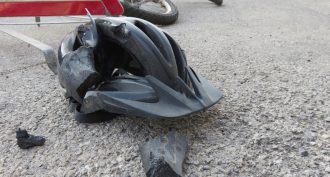 Brain
BrainBubbles may underlie trauma’s brain injury
Many soldiers and accident victims sustain traumatic brain injury that can affect memory, thinking and body movements. New research now studies whether tiny bubbles caused by pressure waves may trigger that damage.
By Sid Perkins -
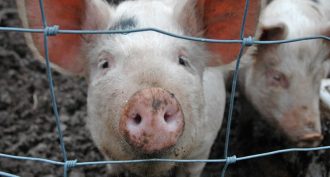 Agriculture
AgricultureNew gene resists our last-ditch drug
Antibiotic resistance continues to grow. Now, scientists have found a tiny loop of DNA that resists a drug doctors use as a last line of defense.
-
 Health & Medicine
Health & MedicineToo many Facebook friends?
Can you have too many Facebook friends? Maybe so, says a new study. It links heavy Facebook use to levels of a stress hormone called cortisol.
-
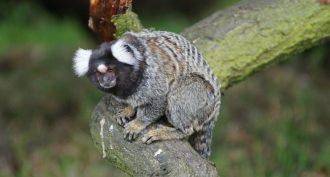 Brain
BrainCool Jobs: Getting in your head
Experimental psychologists study animals and people to understand the roots of behavior.
-
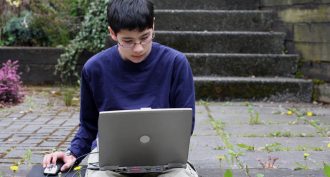 Health & Medicine
Health & MedicineNearsighted? Eye drops slow worsening vision
Myopia — or nearsightedness — is a growing problem worldwide. Low doses of an ancient drug could slow its development, without side effects.
By Ilima Loomis -
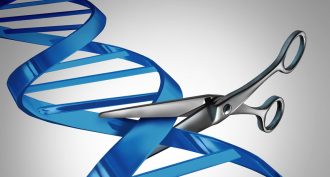 Science & Society
Science & SocietyExpert panel approves human gene editing
Scientists have recently been reporting big advances in the ability to tweak the genes of living organisms, including people. But some question the ethics of doing that. A panel of experts now says such research can go ahead — with one major exception.
-
 Health & Medicine
Health & MedicineHeart damage linked to obesity in kids
Doctors are finding signs of heart damage in obese children as young as 8 years old.
-
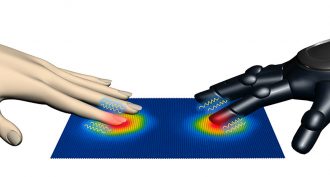 Tech
TechNew e-skin feels heat, textures and more
Two new developments in electronic “skin” hold promise for making prosthetic devices that can provide a better sense of touch. One gets its great sensitivity from being modeled on the human fingertip.
By Meghan Rosen -
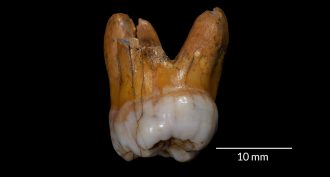 Humans
HumansNews Brief: Ancient teeth point to Neandertal relatives
New analyses of some teeth found in Siberia indicate that Neandertal cousins known as Denisovans lived there for at least 60,000 years. That would have had them around the same place as modern humans — and at nearly the same time.
By Bruce Bower -
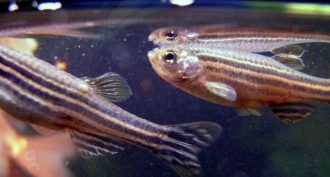 Chemistry
ChemistrySome 3-D printing can leave toxic taint
The ”ink” inside some 3-D printers can leave toxic traces. In tests, these chemicals harmed baby fish. But lighting could render the parts safer.
-
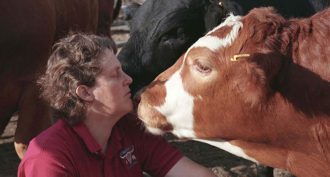 Animals
AnimalsProfile: A human touch for animals
Temple Grandin uses her own autism to understand how animals think. The animal scientist is famous for fostering the humane treatment of livestock.